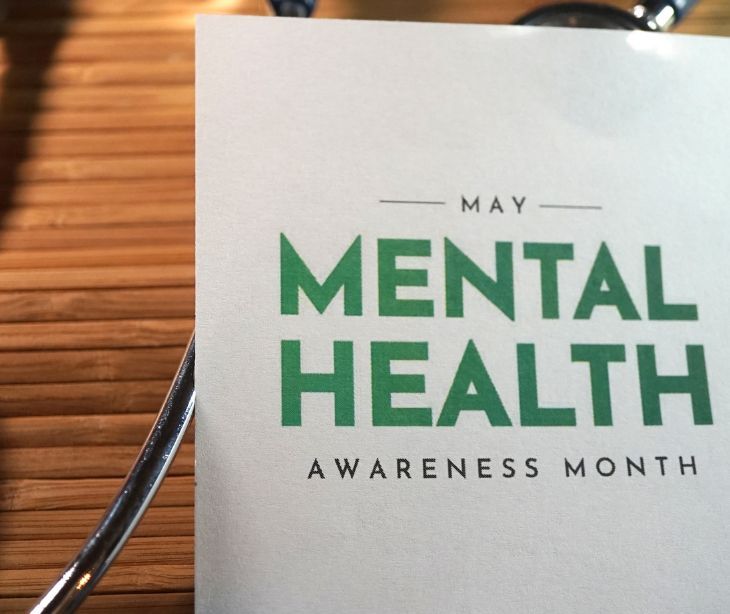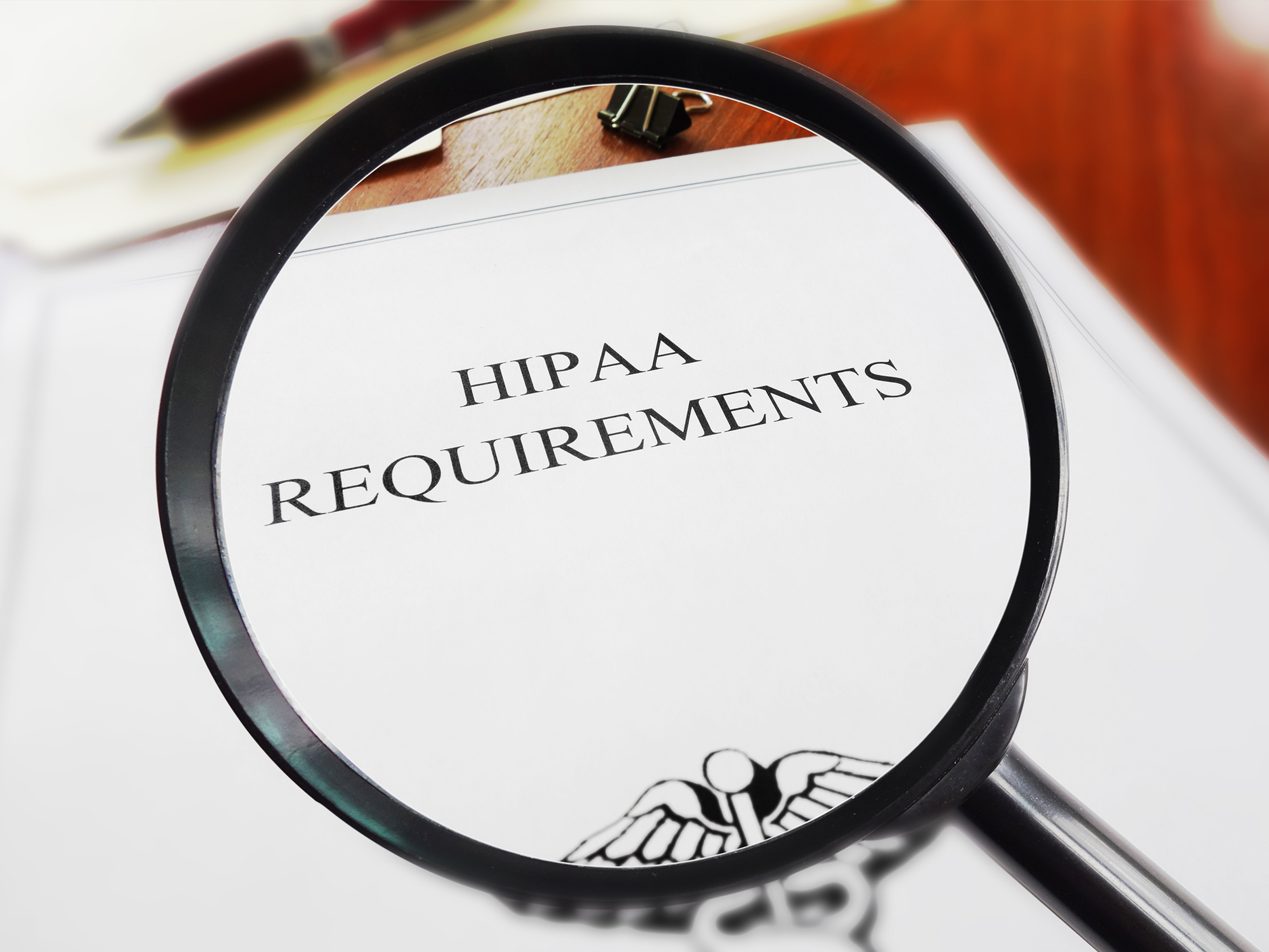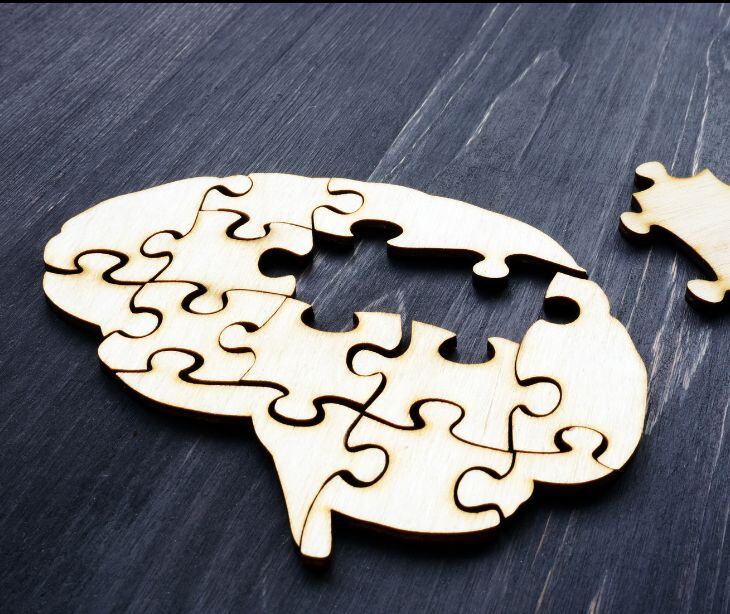
Since its inception in 1949 by Mental Health America, Mental Health Awareness Month has evolved from a public education campaign to an initiative that influences policy, clinical practice, and public perception.
Today's Mental Health Awareness Month reflects an understanding that mental healthcare requires systemic approaches spanning clinical settings, public policy, and community resources—with healthcare professionals serving as connectors across these domains.
In a presidential address, President Donald Trump stated, ‘During National Mental Health Awareness Month, we recognize the millions of Americans affected by mental health challenges, and my Administration remains committed to prioritizing their well-being. Mental illnesses can affect anyone, regardless of their background or circumstances. No person should have to face these challenges alone. Recognizing the signs, fostering open dialogue, and showing compassion are essential steps in addressing mental health challenges and supporting those who face them.”
He further stated, “My Administration is confronting the mental health challenges facing our Nation as part of the efforts to improve the overall health and well-being of all Americans. The Make America Healthy Again Commission is addressing the root cause of our country’s escalating health crisis and is committed to providing transparency and open-source data, conducting gold-standard research, along with improving access to nutritious food, and expanding treatment options to protect the health of every American.”
This blog marks the beginning of our four-part series on mental health integration in healthcare settings throughout May in recognition of Mental Health Awareness Month. We will explore essential topics for all healthcare professionals seeking to enhance mental healthcare delivery within their practice.
Current mental health statistics relevant to clinical practice
To effectively address mental health, consider these current statistics provided by Mental Health America in Quick Facts and Statistics About Mental Health:
- Nearly 1 in 5 American adults (23.1%) will have a diagnosable mental health condition in any given year, representing 59.3 million U.S. adults.
- 46 percent of Americans will meet the criteria for a diagnosable mental health condition sometime in their life, with half developing conditions by the age of 14.
- Anxiety disorders affect 42.5 million U.S. adults, with a lifetime prevalence of 31.6%, making them among the most common mental illnesses in America.
- 18.1% of U.S. adults (46.5 million) experienced a substance use disorder in the past year.
- Major depression affects 8.8% of U.S. adults (22.5 million) and 19.5% of youth ages 12-17 (4.8 million).
- 13.2 million U.S. adults (5.2%) experienced suicidal thoughts, with 1.6 million (0.6%) attempting suicide.
- Treatment gaps are significant: 54.7% of adults with mental illness did not receive any mental health treatment.
- Over 28 million adults with mental illness received no treatment, with 28.2% reporting they tried but couldn't access care.
- The ratio of individuals to available mental health providers is 350:1.
- 10.8% of U.S. adults with mental illness (over 5.5 million) are uninsured.
HIPAA considerations in mental healthcare
As we discuss mental health integration, an understanding of HIPAA's specific applications to mental healthcare is important. Mental health information receives additional protections beyond standard PHI under HIPAA.
Psychotherapy notes
According to the American Psychiatric Association Quick Practice Guide, “Under HIPAA, psychotherapy notes are defined as notes that document or analyze the contents of a therapy session and are separated from the rest of the medical record. The definition of psychotherapy notes specifically excludes patient information that is considered to be part of the medical record.”
Psychotherapy notes receive heightened protection compared to other components of the medical record. According to 45 CFR § 164 these notes:
- Must be maintained separately from the main medical record
- Require specific authorization for disclosure beyond the originating provider
- Cannot be required to be disclosed as a condition of treatment, payment, or eligibility
- Are excluded from the patient's right of access (one of the few exceptions to this right)
American Psychiatric Association Quick Practice Guide provides that the following information is not considered to be part of the psychotherapy note:
- Medication prescription and monitoring
- Session start and stop times
- Modalities and frequencies of treatment
- Results of clinical tests and any summary of diagnosis, functional status, treatment plan, symptoms, prognosis, progress, and progress to date.
Substance use disorder records
For providers treating substance use disorders (SUDs), 42 CFR Part 2 provides additional restrictions beyond HIPAA, generally requiring specific patient authorization for most disclosures, even for treatment purposes.
Recent regulatory changes have moved toward greater alignment between 42 CFR Part 2 and HIPAA to facilitate care coordination. In February 2024, HHS, via the Office for Civil Rights (OCR) and the Substance Abuse and Mental Health Services Administration (SAMHSA), announced finalized changes to the Confidentiality of Substance Use Disorder Patient Records regulations under 42 CFR Part 2.
These changes, which stem from requirements in the 2020 CARES Act, include:
- Permitting the use and disclosure of Part 2 records based on patient consent given once for all future uses and disclosures for treatment, payment, and operations purposes.
- Allowing redisclosure of Part 2 records by HIPAA covered entities and business associates as defined by the HIPAA Privacy Rule.
- Permitting covered entities to disclose de-identified records to public health authorities without patient consent
- Aligning Part 2 penalties with HIPAA violations, replacing criminal penalties with civil and criminal enforcement authorities
- Applying HIPAA Breach Notification Rule requirements to substance use disorder confidentiality regulations
- Clarifying that segregation of Part 2 records is not required
- Giving patients the right to file complaints directly with the Secretary for Part 2 violations
- Requiring separate patient consent for substance use disorder clinician notes (similar to psychotherapy notes under HIPAA)
Despite these changes, the core elements of Part 2 remain intact. As OCR Director Melanie Fontes Rainer stated, "Patients can seek needed treatment and care for substance use disorder knowing that greater protections are in place to keep their records private, and providers can now better share information to improve patient care."
Read also: Interpreting the confidentiality of substance use disorder (SUD)
Family communications
One of the most challenging aspects of mental healthcare involves communication with family members. 45 CFR 164.510 permits providers to share information with family members in specific circumstances:
- When the patient has provided consent
- When the patient has been given an opportunity to object and does not
- When professional judgment determines it's in the patient's best interest
Minors and mental healthcare
Treating minors with mental health conditions presents unique HIPAA complexities. While parents generally serve as personal representatives with access rights, exceptions exist for:
- Situations where the minor lawfully consents to care without parental involvement (varies by state)
- Cases where the provider determines parental access would endanger the minor
- Instances where the provider and minor agree that parental involvement would be detrimental
Why mental health integration matters across all specialties
The separation between mental and physical healthcare has created barriers that compromise patient outcomes. Research demonstrates the impact of mental health conditions on overall healthcare utilization and costs. A study published in JAMA Network Open reveals the financial implications of this fragmented approach to care:
- Medicare patients with serious mental illness (SMI) spend substantially more on medical services for physical conditions than patients without mental illness—approximately 37% higher costs ($4,768 more per patient annually).
- Even patients with common mental health disorders like anxiety incur 18.4% higher medical spending ($2,370 more annually) compared to those without mental illness.
- While direct spending on mental health services represents only 4.2% of total Medicare spending, an additional 8.5% goes toward excess medical spending associated with mental illness.
- Combined, mental health-related spending accounts for approximately 12.7% of total Medicare expenditures—three times higher than what is spent directly on mental health services.
The National Institute of Mental Health (NIMH) confirms this bidirectional relationship between mental and physical health. According to NIMH research, people with chronic diseases are at higher risk of developing depression, while those with depression are at higher risk of developing certain chronic diseases including heart disease, diabetes, stroke, pain, osteoporosis, and Alzheimer's disease.
These financial implications stem from several well-documented clinical realities:
- Patients with mental health conditions have 2-3 times higher costs for physical health conditions.
- Co-occurring mental health conditions worsen outcomes for cardiovascular disease, diabetes, cancer, and other chronic illnesses.
- According to the NIMH, depression can contribute to chronic disease through "challenges completing tasks that are good for health, such as eating well and exercising," "challenges accessing medical care," and "changes in the way the body functions due to depression, such as increased inflammation, reduced blood circulation and heart rate control, and abnormalities in stress hormones".
- Research cited by the NIMH indicates that "people who have a chronic disease and depression tend to have more severe symptoms of both illnesses".
- The presence of mental illness is associated with lower medication adherence, increased risk factors, and less effective disease management.
- Mental health disorders contribute to greater healthcare utilization across all settings: more hospitalizations, emergency department visits, nursing facility days, and home health services.
Creating a mental health-informed practice culture
Successful mental health integration begins with organizational culture. Elements include:
- Leadership commitment to addressing mental health as part of comprehensive care
- Staff training on mental health conditions, interventions, and resources
- Clear protocols for addressing mental health concerns, documentation, and referrals
- Physical environment considerations that accommodate patients experiencing psychological distress
- Language and communication approaches that reduce stigma and encourage disclosure
- Quality metrics that include mental health screening and outcomes
- Self-care resources for healthcare professionals to address their own mental health needs
Resources for healthcare professionals
As we begin this series, consider exploring these foundational resources:
- The Primary Care Psychiatric Collaborative (www.psychiatry.org/psychiatrists/practice/professional-interests/integrated-care)
- SAMHSA-HRSA Center for Integrated Health Solutions (www.integration.samhsa.gov)
- AMA STEPS Forward™ Behavioral Health Integration module (www.stepsforward.org)
- National Council for Mental Wellbeing's Mental Health First Aid for Healthcare (www.mentalhealthfirstaid.org)
- Agency for Healthcare Research and Quality: Academy for Integrating Behavioral Health and Primary Care (https://integrationacademy.ahrq.gov/)
Throughout this Mental Health Awareness Month, we invite you to engage with each blog in this series, reflect on your current practices, and identify opportunities to enhance mental healthcare delivery within your professional role. We welcome your comments, questions, and shared experiences as we explore these topics together.
FAQs
What are some early warning signs of mental health issues that providers should watch for?
Subtle changes in mood, sleep, appetite, and social withdrawal can signal emerging mental health concerns.
How can healthcare professionals support patients who may be experiencing stigma?
Using nonjudgmental language and normalizing mental health discussions helps reduce stigma in clinical encounters.
How do mental health challenges impact healthcare staff themselves?
Healthcare workers face high burnout and compassion fatigue risks, making staff mental health support essential.
How can I help a colleague showing signs of emotional distress?
Approach them privately with empathy, encourage them to talk, and guide them to available support resources.
Where can someone in crisis or struggling with mental health get immediate help?
In the U.S., call or text the 988 Suicide & Crisis Lifeline or visit 988lifeline.org for 24/7 free, confidential support.
Subscribe to Paubox Weekly
Every Friday we bring you the most important news from Paubox. Our aim is to make you smarter, faster.




